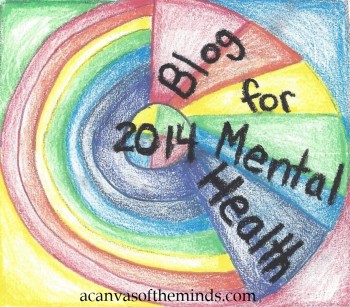They say that suicide is a permanent solution to a temporary problem. However, what if it’s not that easy? We allow patients with terminal cancer seek a humane way out. So, why can’t those with debilitating chronic pain seek the same relief? I’ve thought about this some over the years and still can’t come up with a good answer to that one. I’ve thought about suicide as a way to end the pain, but I would never do it. I personally struggle with a chronic condition that isn’t even on the same magnitude as the woman mentioned in the article below. How can we, as a self-labeled compassionate race even begin to comprehend what some chronic pain sufferers go though and how can we judge them? This woman is not a 16 year old boy or girl with depression and social issues that feel that death would be preferable to their emotional pain. This is a 44 year old woman who has lived life and determined that the pain just isn’t manageable anymore. If nothing else, this article shows us that the problem of chronic pain isn’t just silent. Doctor’s need to listen more, and help.
I would like some feedback on this. What do you think? Would you ever consider suicide to end the pain? If so, why? What magnitude of pain do you think warrants this extreme action? Are there moral or ethical complications that you can think of? Let’s start a conversation about this.
January 29, 2013 by Marni Jameson in Psychology & Psychiatry
Two months ago, Gary Rager’s girlfriend asked him to do the unthinkable. The 44-year-old woman, who has suffered disabling pain for the past three years, asked Rager if he would help her end her life.
“I don’t want to kill her, and I don’t want to go to prison. But I don’t want to see her suffer anymore either,” said Rager, a 59-year-old Sanford, Fla., sculptor whose work appears at area theme parks and public spaces throughout Orlando, Fla.
Such are the desperate measures that many afflicted with chronic disabling conditions – and those who love them – contemplate.
Some do more than think about it.
Like many patients in chronic pain, Karen Brooks has seen dozens of doctors over the past few years.
All take tests and discuss her physical health, but few have inquired about her mental health, said her sister, Michelle Brooks, of Maitland, Fla., who takes her sister to her doctors’ appointments.
Given the high correlation between chronic illness or pain and depression – even suicide – more providers need to bring up the dark subject, health experts say.
Large-scale studies show that at least 10 percent of suicides – and possibly as many as 70 percent – are linked to chronic illness or unrelenting pain.
Authors of a 2011 British study that looked at the link concluded that patients with such conditions “should be considered a high-risk group for suicide … and much greater attention should be given to providing better … psychological support.”
Read the rest of this entry »


